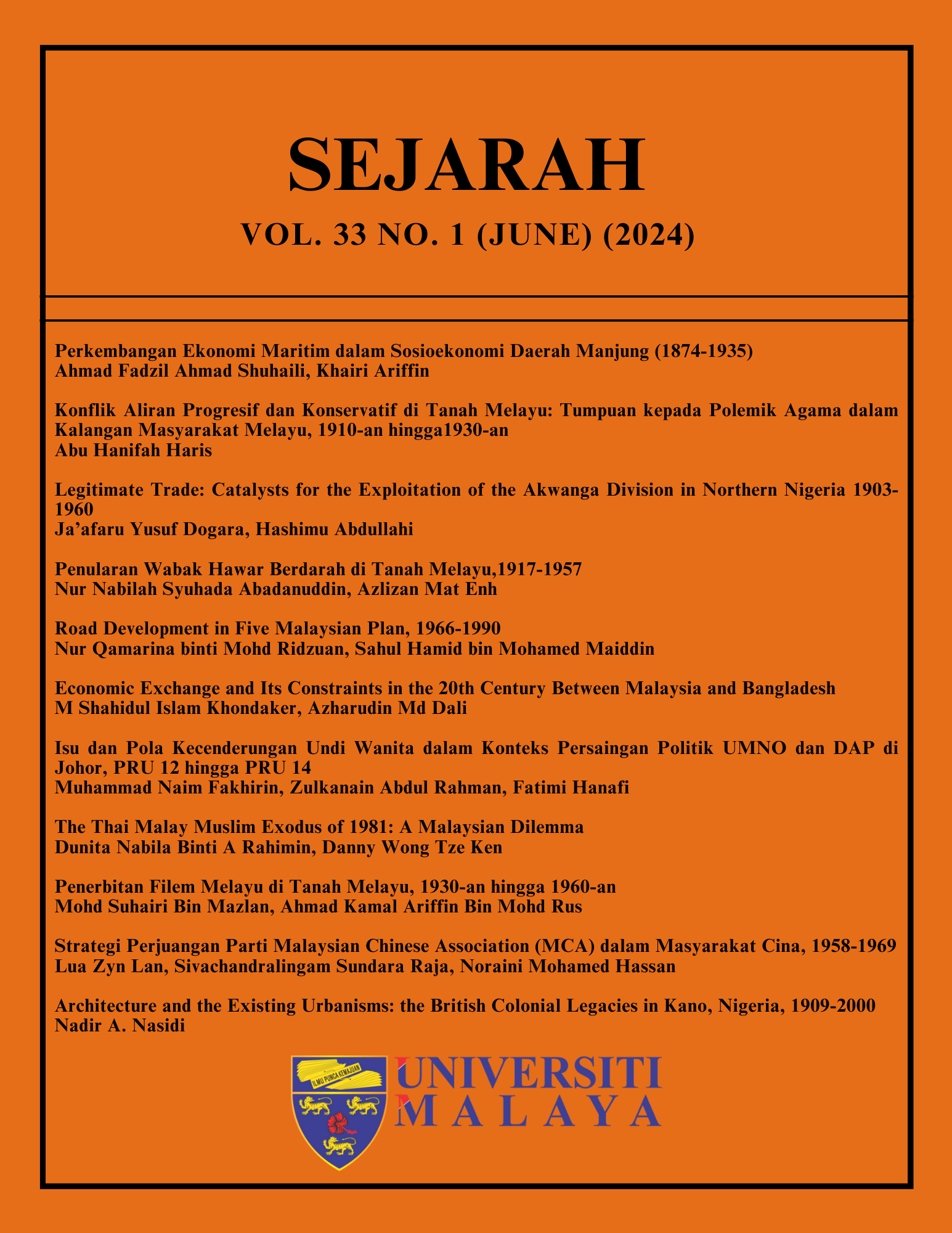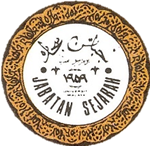Konflik Aliran Progresif dan Konservatif di Tanah Melayu: Tumpuan kepada Polemik Agama dalam Kalangan Masyarakat Melayu, 1910-an hingga 1930-an
Progressive and Conservative Conflict in Malaya: Focus on Religious Polemic among Malay Society, 1910s to 1930s
DOI:
https://doi.org/10.22452/sejarah.vol33no1.2Keywords:
Progresif, Konservatif, Kaum Muda, Kaum Tua, Tanah MelayuAbstract
The problem of differences of opinion on religious issues is not new in Malay society. For this disagreement, also known as the conflict between progressive and conservative schools, began to grow rapidly in Malaya since the number of Malay students who studied in Makkah since the early 19th century, and in Egypt since the early 20th century increased. Upon their return home, they brought with them views of the ulama and other madhabs that differed from the practices of the Malay society. This led to conflict within the community, which later became better known as the Kaum Muda-Kaum Tua conflict. The aim of this article is to examine the conflict between progressive and conservative sects in pre-independence Malaya, particularly between the 1910s and 1930s. This study uses a qualitative approach, namely the literature review method, by referring to various primary sources such as files and newspapers as well as secondary sources such as books, journal articles, theses, and working papers. This study shows that there are several conflicts between progressive and conservative streams that have erupted in Malaya, such as the ketuk-ketuk issue in Melaka and Terengganu, the dog licking issue, the usalli reading issue, the tarekat issue that occurred in Kelantan, and the talkin reading issue that occurred in Kelantan and Perlis. Nevertheless, most of the Malay society tends to adhere to the views and practices of the local ulama based on the long-practiced Shafie mazhab.
Received: 4 April 2024
Reviewed: 18 April 2024
Accepted: 30 June 2024


